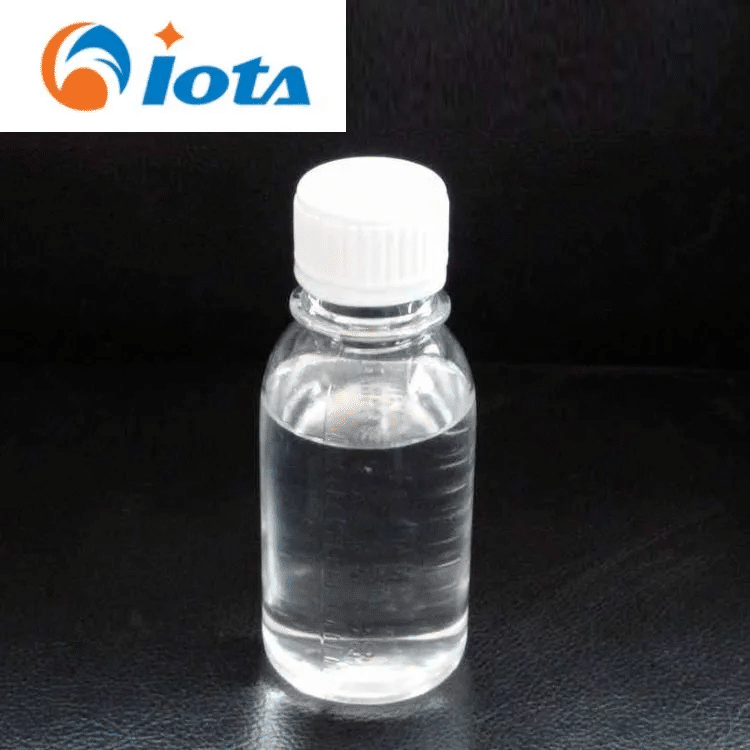Ethyl silicone oil, as an organic silicon compound with silicon oxygen bond (Si-O) as the main chain and ethyl (- C ₂ H ₅) as the side chain, has demonstrated excellent performance in multiple industrial fields due to its unique molecular structure and has become an indispensable key material in the development of modern technology.

Stable Responsibility in Extreme Environments
In the aerospace field, equipment needs to withstand extreme temperature changes and severe vibrations. The wide temperature range characteristics of ethyl silicone oil make it an ideal choice. In low-temperature environments, ordinary lubricating oil will lose its fluidity due to solidification, causing mechanical components to jam; And ethyl silicone oil can still maintain its lubrication performance at -70 ℃, ensuring the normal start-up and operation of rocket engines, satellite components, etc. under extremely cold conditions. In high-temperature scenarios, such as bearing lubrication in aircraft engines, ethyl silicone oil can withstand temperatures above 300 ℃, forming a stable oil film, reducing wear, and extending equipment service life. Its chemical stability also makes it inert to aviation fuel, lubricant additives, etc., avoiding performance degradation caused by chemical reactions.
The 'invisible guardian' of the electronics industry
In the field of electronics, ethyl silicone oil is also widely used. As a sealing material for electronic components, it can effectively isolate moisture, dust, and corrosive gases, protecting chips, circuit boards, and other components from environmental damage. Its excellent electrical insulation can prevent short circuits and ensure stable operation of electronic devices in complex environments. For example, in outdoor communication base stations, the power module encapsulated with ethyl silicone oil can work reliably for a long time in environments with high humidity and high temperature differences. In addition, ethyl silicone oil can also be used to prepare thermal grease, fill the small gaps between chips and heat sinks, improve thermal conductivity efficiency, solve the problem of heat dissipation in electronic devices, and ensure their high-performance operation.
The 'performance booster' of the automotive industry
With the development of the automotive industry towards electrification and intelligence, the requirements for material performance are becoming increasingly stringent. The application of ethyl silicone oil in the automotive field is constantly expanding. In the motor and battery systems of new energy vehicles, it serves as a lubricant and coolant, effectively reducing friction and energy consumption, while also withstanding high temperature and high pressure environments, ensuring efficient system operation. In traditional fuel vehicles, ethyl silicone oil can be used for engine seals, and its oil and temperature resistance can prevent seal aging and leakage, improving the reliability and durability of the engine. In addition, ethyl silicone oil can also be used for surface treatment of automotive interiors, endowing components such as seats and instrument panels with waterproof, anti fouling, and easy to clean characteristics, enhancing the user experience.
